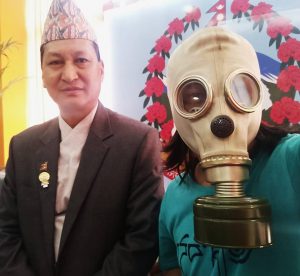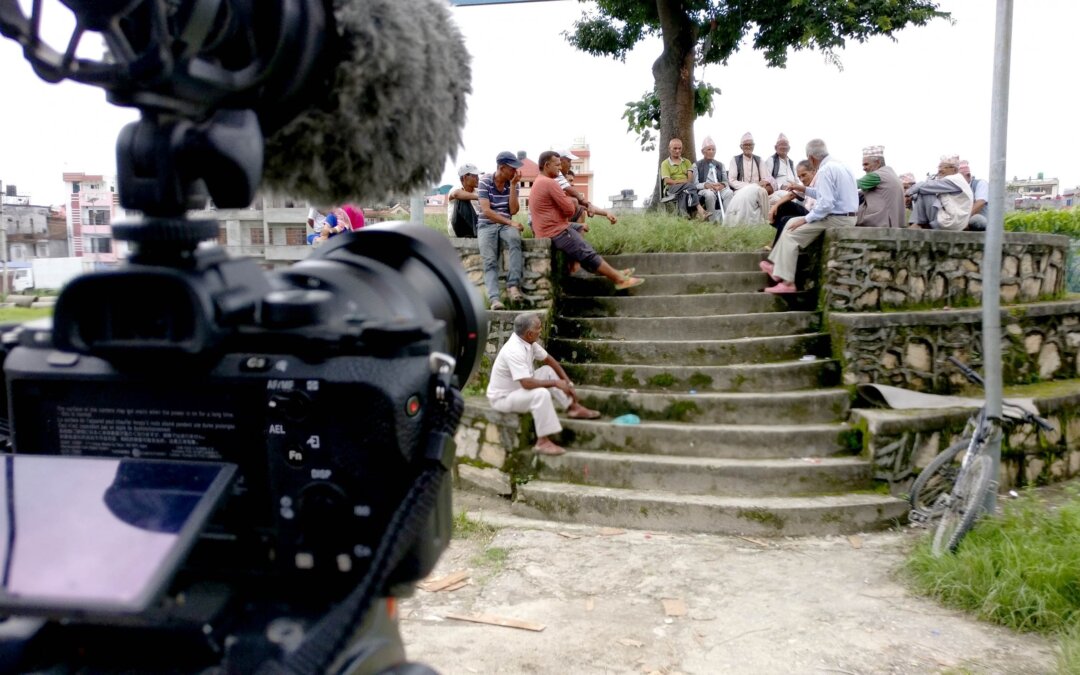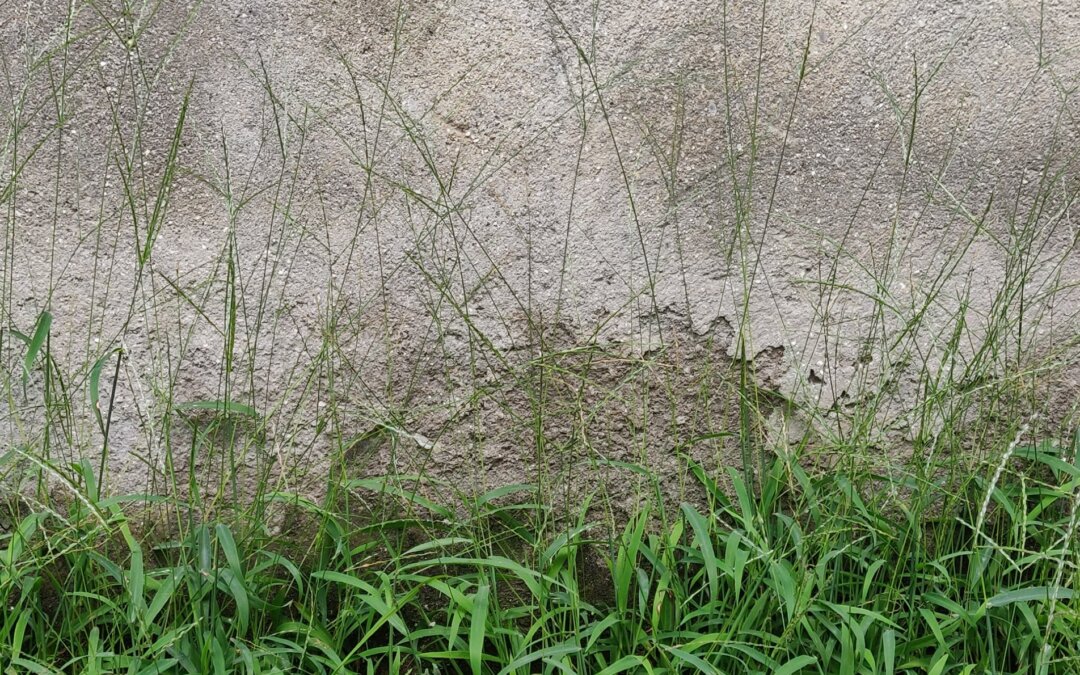Air pollution has engulfed Kathmandu city. It was ranked the worst in the Environmental Performance Index (EPI) released by Yale and Columbia University, in collaboration with the World Economic Forum.
The destruction of thousands of trees for road expansion continues while the breathable green spaces have shrunk to extremely few and far in-between. Unfortunately, private investors are not interested in public parks because they don’t bring monetary profits like real estate. Our leaders are selling dreams of a smart city while the citizens are struggling to keep up with even the most basic needs like clean air. During my attempts to find solutions to air pollution, I found a huge cooperation-gap between the public and city authorities.
With government intrusion often proving insufficient and ineffective, the solution demands that all those concerned – city authorities, citizen network and creative practitioners – work together as a unit to create healthy, green spaces, which the city residents here desperately need. And this is where the project becomes relevant.


On may 2018, I went to meet with the mayor of Kathmandu to inquire about the possibilities of greening the huge piece of a triangular land that has been dilapidated for many years. The mayor said it’s impossible to touch that land due to unresolved disputes. I spent several weeks meeting with the representatives of ward no 32 and locals around this matter of concern.
According to authorities many have received the compensation who previously owned that land yet there are some unattended cases. I tried to increase greeneries by planting trees in undisputed areas, but I saw no signs of support from both public and government officials. After one month of trials, I was told it is not possible to plant trees in that land until the public gets full compensation from the government and the legal issues are resolved.
Although this attempt fell through a number of disputes about land ownership. I left that office and went out to look spaces in Boudha area without wasting a minute. I met with the chairperson of ward no 6 Boudha and briefed him on my idea of greening the barren lands. He said he had been inspired by my sharing of the negotiations with the Mayor of Kathmandu that I was regularly posting on my Facebook. He told me there is a number of vacant plots that could be utilized in the way I was envisioning. To make this happen, I went to see the vacant plots with their staff immediately and identified 7 public lands.
Nepal is a nation known for its “weak governance” (which was listed as one of the primary causes for a nation’s low scores on the EPI results mentioned above.) For a project like this to succeed, I figured out a way to fund these greening projects independently – as relying on the government to source the funding would likely to cause delay or lead to it never happening at all. When there was no budget allocated for this work I teamed up with concerned citizens who also helped in raising funds and resources to take this project on the ground. This is how this project “Green Spaces; A Love Letter to the City “came to be.


One day, suddenly, I received a call from Kathmandu city planning commission office – Milan! We need to meet you urgently and get an idea to beautify Tinkune. They said, PM Oli has instructed to transform unused land in Tinkune into a garden and it must be done within 10 days to welcome Chinese President Xi Jinping, who is arriving on Saturday for a two-day state visit. I did not show interest but they insisted and sent a vehicle to pick me up and we all went to the site. I said we can do some micro intervention and leave it as a testbed for future progress. For now, let’s raise a mound and plant trees at the periphery allowing people to access from all sides. I asked them to use native, wild grasses instead of turf grasses otherwise it requires a tanker to go around watering the grass regularly.
The architects at their office don’t have any sense of interventions or placemaking. So I discussed with my team and provided some ideas for interventions and walked away because I did not want to get involved fully in this shallow act.
In the year 2018, I had met with the mayor of Ktm to discuss greening the barren land in Tinkune without touching the disputed areas. He said it’s impossible. And I can blatantly tell that he is incapable to be the Mayor.

In a matter of two days, they unloaded truckloads of soil and created a mound around this huge chunk of land. Soon, they started transporting varieties of plants, I inquired with the gardeners about the selection of plants, they said, it was an urgent case so we brought whatever had. They over spilled the money by laying turf grasses.

Actually they fell into rounding errors and puzzlement of false praises and murmurs from the media and public. Kantipur reports – “The plants are dying “. They haven’t seen anyone watering the plants after the departure of the Chinese president. Public tax money around– 50 million rupees “that’s being spent carelessly. Flower pots were placed all across the city as temporary decorations where did it all go after the VVIP visits?
We can do better than this.



